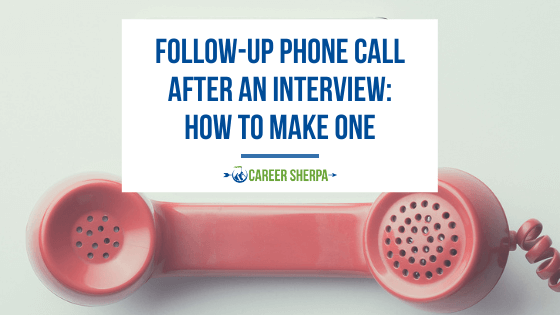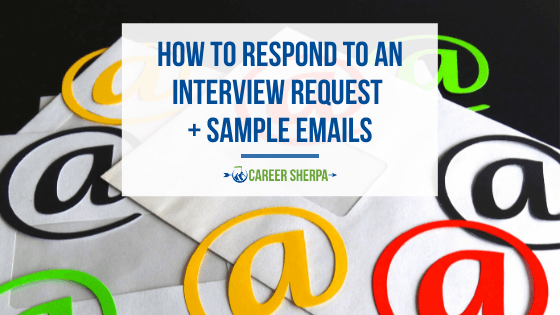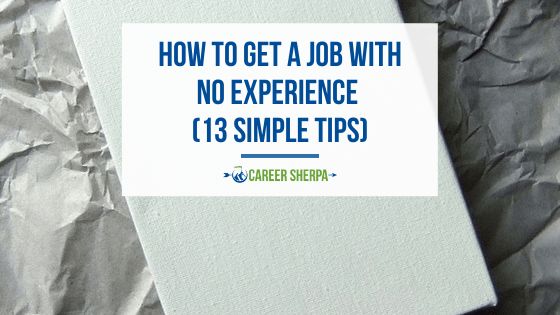3 Questions That Will Help You Find Your Dream Job

Why is figuring out what we want to do with our lives so painfully difficult? Seriously! It’s like we’ve all been given this massive amount of energy that we’re aching to use in a productive and enjoyable way. Yet discovering what to use it on eludes us. And the longer it takes to discover what we really want to do, the more uncomfortable we feel. That restless energy builds, and we long to be utilized for a worthy purpose.
The hard part for most of us is figuring out what that purpose is. And if you’re in a similar position, then this article is going to help you focus that energy. These three powerful questions will help you figure out what you’re meant to be doing:
What Are Your “Super Human” Strengths?

According to a Gallup study, people who use their strengths and like what they’re doing are 127% more productive than the average employee! It makes sense. When you’re doing what you’re naturally good at, you’re more likely to be in flow, that magical state when you’re in the zone and feel like you can achieve anything.
So, how do you figure out your work strengths? You can take Work It Daily’s FREE Workplace Personas Quiz to see what your professional strengths are, and how to use them to your advantage!
What Are Your Core Values?

Do you value freedom, adventure, and risk-taking? You might not want to get a desk job. Or what if you value family, relationships, and security? Perhaps you’ll find your best fit working from home, or at an office nearby with flexible work hours.
Figuring out what’s most important to you helps narrow down the field of possible career choices, not only in terms of lifestyle but also in terms of what kind of company and people you want to work with. Strong values of corporate responsibility and environmental consciousness will mean that a certain group of organizations won’t appeal to you, while others will.
So, do some deep reflection and list out everything that’s important to you, keeping in mind the eight key areas of life. Narrow that list down to 10 items. Then, try to get it down to your top three or five, and make sure that any opportunity you accept fits with those values. This is an incredibly powerful exercise for me each time I do it, and I think it will be for you as well.
What Inspires You Like Nothing Else?

Doing something that inspires you is at the core of reaching high states of happiness, and the most inspiring thing you can do is contribute to something you feel has a higher purpose. Something bigger than yourself. Like Batman, except without all the violence…hopefully.
Yet similar to Batman, one excellent way of figuring out what inspires you is to think about what makes you really, really angry in the world. What can’t you stand? Bruce Wayne, or Batman, couldn’t stand the fact that criminals were taking over his city, so he took a stand against crime. In doing so, he inspired others.
So, what bugs you the most in the entire world? And who’s doing the best job of solving that problem? When you tap into your strengths, figure out your core values, and contribute those to a purpose that inspires you, then you’ve found your dream job.
Bonus Tip: Find A Mentor!

Once you answer these three questions, there’s a way to speed up your progress even more and get your dream job as quickly as possible: find a mentor. More specifically, by following in the footsteps of people who have already done what you want to do.
Answering these questions and taking these steps will help you get closer to figuring out what your dream job is. If you need more help finding and landing your dream job, especially if you’re feeling lost, trapped, or burned out in your career, we’re here for you.
We’d love it if you joined our FREE community. It’s a private, online platform where workers, just like you, are coming together to learn and grow into powerful Workplace Renegades.
It’s time to find work that makes you feel happy, satisfied, and fulfilled. Join our FREE community today to finally become an empowered business-of-one!
This article was originally published at an earlier date.































